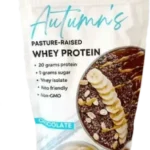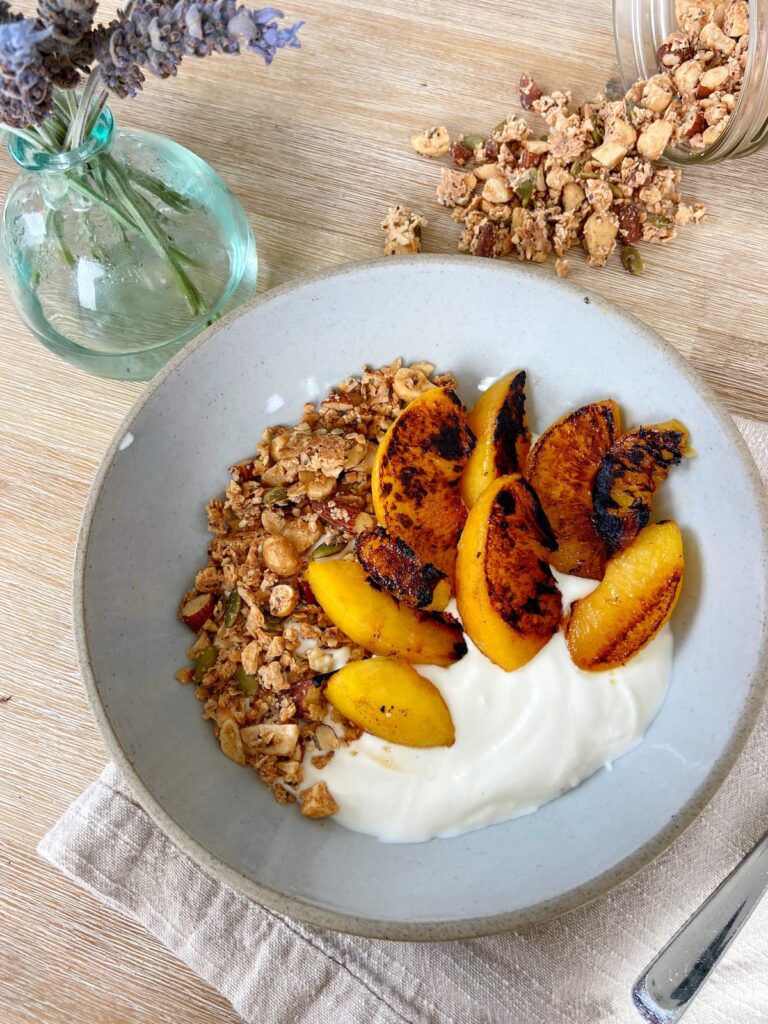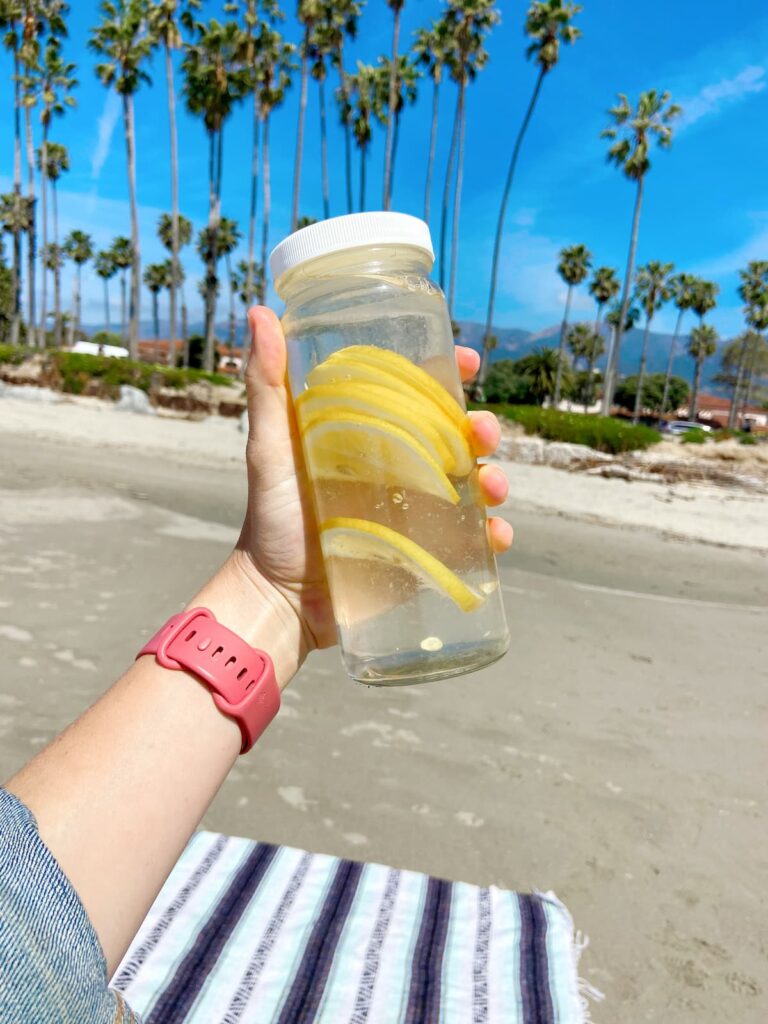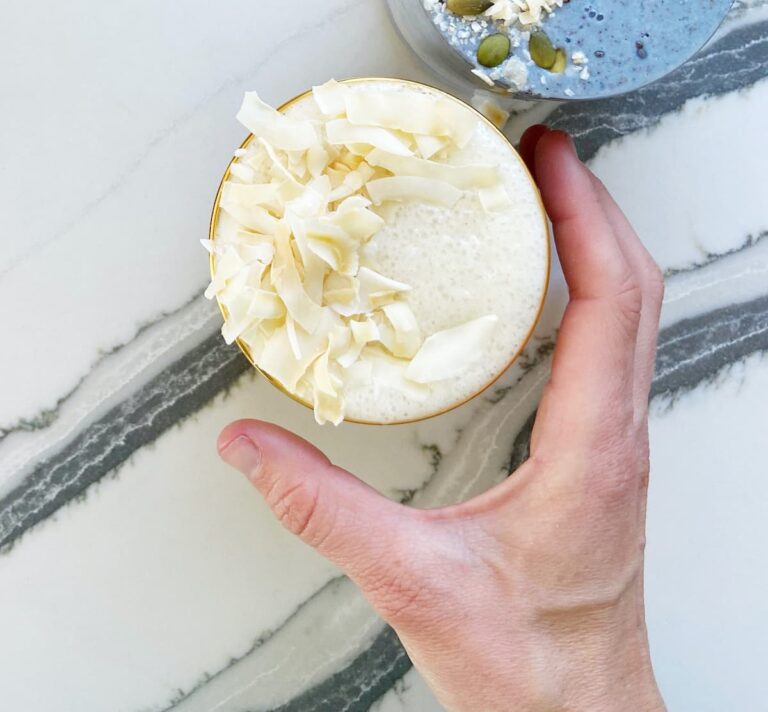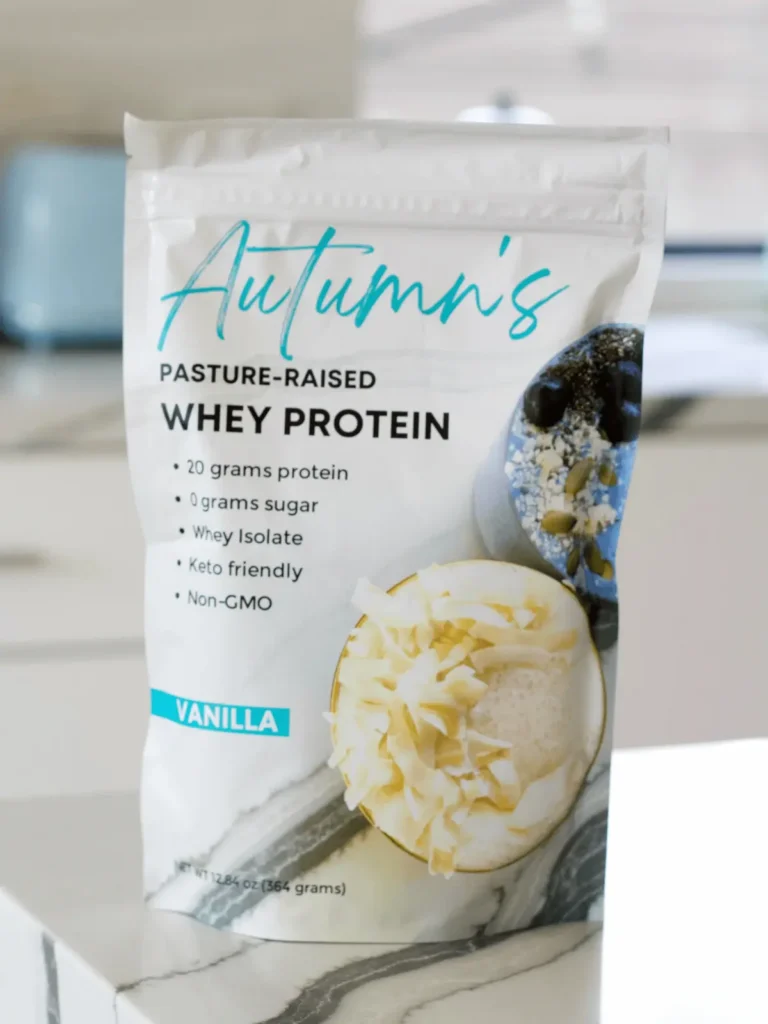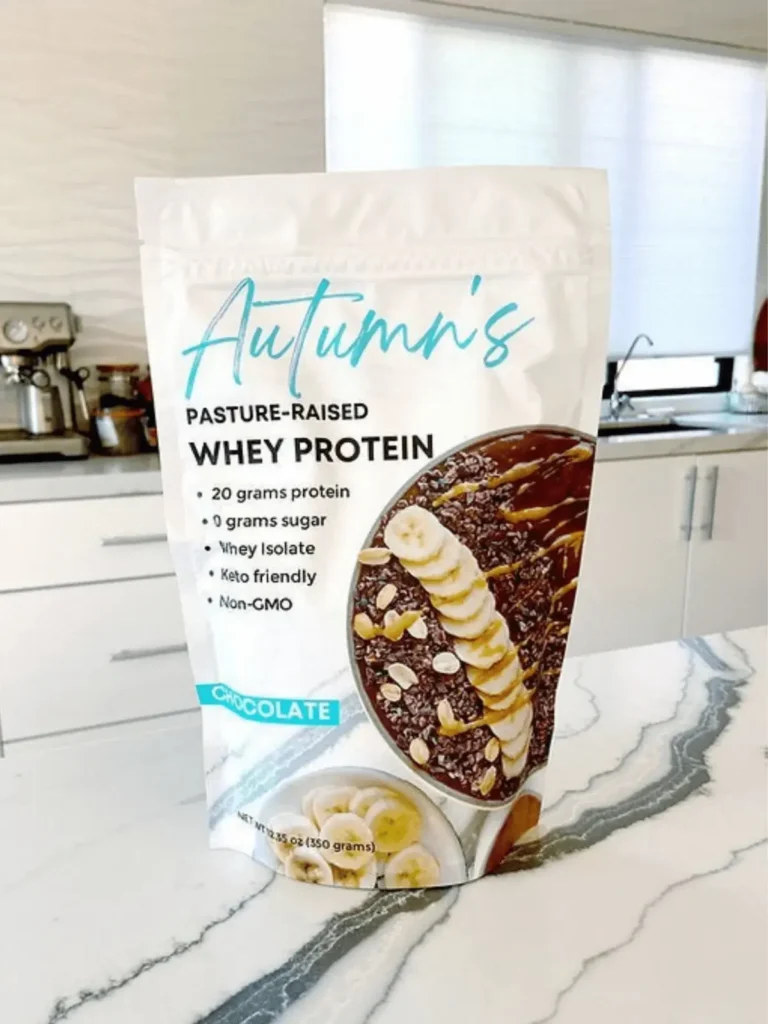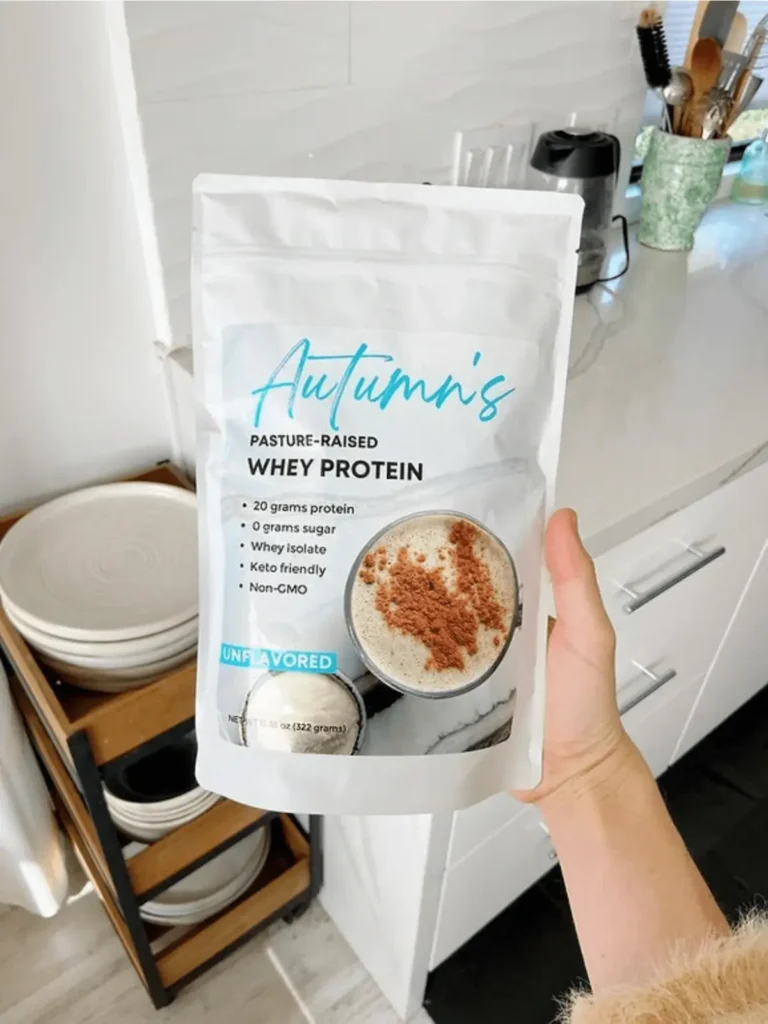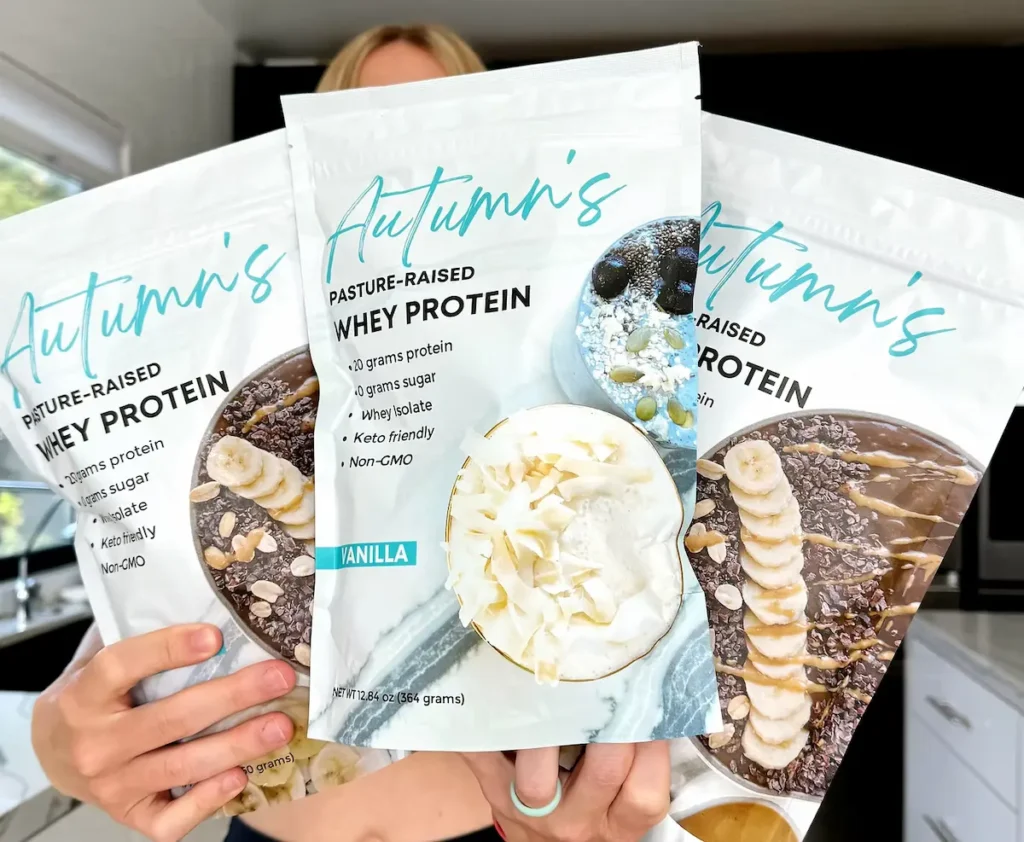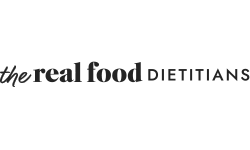Sugar is potentially one of the most dangerous foods for the heart, especially in processed forms. Here’s what you need to know.
Heart health is a major concern in the U.S. and the world. It’s one of the leading causes of death and yet an estimated 80% of those cases are completely preventable.(5) This is actually a GOOD thing. This means that we have CONTROl over our health and wellness – even our risk of heart disease.
And one major factor we can control has to do with what we eat on a daily basis. Today, I’m breaking down sugar’s role in heart disease in relation to blood pressure and the foods that you should be removing in order to improve your heart health.
Sugar’s Role in Heart Disease
Sugar plays a HUGE role in the development of heart disease via multiple mechanisms. In regards to blood pressure, there are two main reasons sugar leads to increased blood pressure. Both start with sugar’s role in increasing the secretion of the hormone insulin.
We typically discuss insulin in regards to weight gain because insulin actively acts on storing while shutting off fat burning (aka lipolysis). The more carbohydrates and sugars we eat, the more insulin that is produced.
Once insulin is secreted, it does two things that increases your blood pressure:
1. Turns on your sympathetic nervous system.(1)
The sympathetic nervous system is our “fight or flight” mode. We can either be in this sympathetic fight or flight mode OR be in parasympathetic “rest and repair” mode. Insulin turns on the fight or flight mode. A multitude of things happen when this sympathetic mode is turned on ranging from increased heart rate and decreased GI motility. But the one that relates most to blood pressure is the vasoconstriction. “Vaso” means relating to the blood vessels and “constriction” means squeezing or tightening. Combined, this means that your blood vessels get “squeezed” or constricted.
The best way to visualize this is when you step on a hose that’s turned on. The water is still coming at the same speed, but the amount of space for it to escape has been severely limited. This results in the buildup of water pressure within the hose. The same thing occurs in your body resulting in high blood pressure.
2. Increases sodium retention.(1)
Salt has gotten a bad reputation as the driver of blood pressure, but it’s not necessarily the increase in salt consumption that leads to increased blood pressure. In fact, higher intakes of sodium have been found to lead to increased blood pressure only in a smaller percentage of “salt sensitive” individuals.(2) The truth is, our body is really great at secreting excess sodium if we have had too much or holding on to sodium if it’s necessary. But insulin has a sneaky way of interfering with this balance.
Insulin has been found to increase the body’s sodium retention.(3) As our body holds on to salt in the blood supply, it also holds on to water in order to dilute it. It’s very important to keep a steady concentration of salt in the body, so the body protects itself from these higher levels – aka high concentration – of sodium in the blood supply (from the increased insulin in the body) by increasing the water in the blood supply as well.
Going back to our water and hose example, not only is the hose being stepped on and the pressure is therefore building up, but you have essentially turned up the hose so that even MORE water is being released, which FURTHER increases the water pressure.
These are just the ways in which sugar and insulin effect blood pressure. But with heart disease as the “big picture”, insulin also plays a role in the development of fatty streaks in the arteries (4) and sugar plays a MASSIVE role in increasing inflammation through the development of “AGEs” (advanced glycation end-products).
Foods to Cut For Heart Health
This is certainly not a comprehensive list, but it covers some of the main, serious offenders as well as some of the high sugar/high refined carbohydrate foods that are often eaten. These are also foods that are inherently removed from the Complete Intermittent Fasting Bundle protocols, but the Bundle dives deeper into additional foods to remove and foods to add IN instead.
1. Anything with high fructose corn syrup
This includes baked goods, soda’s, some yogurts and condiments.
2. Daily amounts of any added sugars
Classic examples include sugary lattes, honey, maple syrup and agave syrup/nectar. Agave and honey contain a fairly high amount of fructose which is one of the main sugar offenders to heart health and weight loss. Some not so obvious and seemingly “healthy” examples include smoothies that contain added sugar (agave, honey, maple syrup), granola and protein/energy bars.
3. Refined flours
Refined flours quickly raise the blood glucose level and cause a fairly fast increase in insulin as a result. Refined flour food products include (but certainly isn’t limited to) pasta, bread, crackers, chips and cookies.

Jumpstart your wellness journey
7 Day Detox
The 7 Day Detox provides a complete reset for your body, naturally promoting detoxification while curbing sugar cravings with a structured plan.
Studies
1. https://www.ncbi.nlm.nih.gov/pubmed/7512468
2. https://www.ncbi.nlm.nih.gov/pmc/articles/PMC4520886/
3. https://www.ncbi.nlm.nih.gov/pmc/articles/PMC4409655/
4. https://www.ncbi.nlm.nih.gov/pmc/articles/PMC2517483/
5. https://www.heart.org/en/get-involved/advocate/federal-priorities/cdc-prevention-programs
